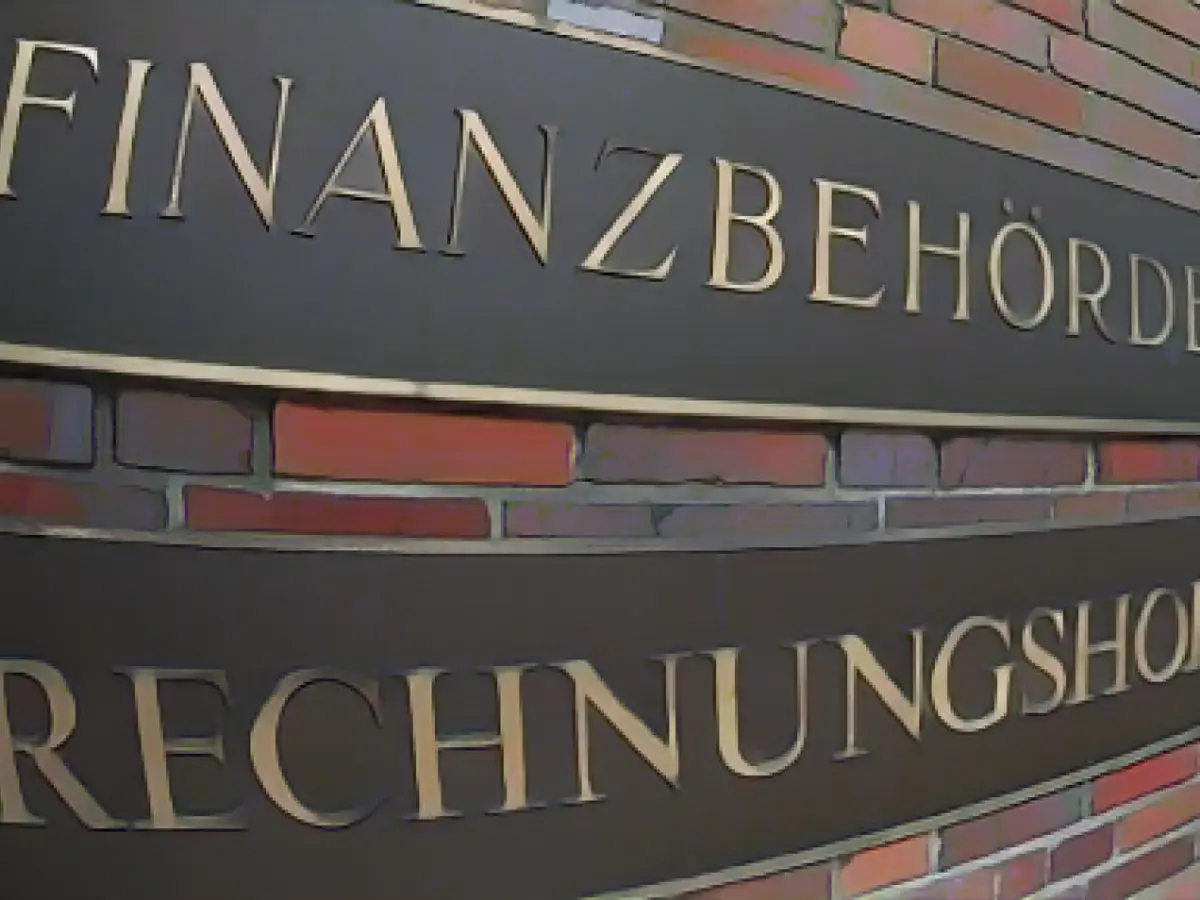Tax cases - Hamburg wants to strengthen its tax administration and make it more attractive
In view of increasing tax cases and a looming shortage of skilled workers, the red-green Senate wants to strengthen the tax administration and invest in training. The Senate adopted a corresponding package at its first meeting of the new year, said Finance Senator Andreas Dressel (SPD) on Tuesday in the town hall. It provides for 126 new higher-value positions, improved opportunities for lateral entrants and internal career prospects as well as a new building for the North German Academy for Finance and Tax Law.
In relation to the number of inhabitants, Hamburg has the fourth highest number of tax cases in Germany. In 2022, around 46 billion euros in taxes were collected in the city. The number of cases to be processed is increasing by an average of two to three percent per year - and the workload of the approximately 3,700 employees at Hamburg's 14 tax offices is increasing accordingly, said Dressel. In addition, constantly changing tax law, digitalization and demographic developments are presenting the tax administration with challenges.
"We need the revenue generated by the tax administration for education, security, infrastructure and much more. This is why the Senate is investing heavily in the future of Hamburg's tax administration and in particular in the people who work for it," said Dressel. The measures envisaged in the personnel package would have a volume of around four million euros, which would be financed from the budget of the tax authority in the coming financial years.
Due to demographic developments and high staff turnover, the number of trainees has already been increased from 180 to around 250 per year since 2016. "We will have to continue to train so many people over the coming years in order to meet the challenges of tax administration," said the senator.
A new building for the North German Academy for Finance and Tax Law (NoA) near the Horner Rennbahn subway station, which will meet all requirements for "new education and new work", will be an important building block, said Dressel. "The aim is to prepare a final realization decision by the Senate and Parliament by the end of 2024." Completion would then be expected in the second half of the 2020s.
Read also:
- A clan member is punished here
- Traffic lawyer warns: Don't talk to the police!
- Will he be convicted as Jutta's murderer after 37 years?
- He also wanted to kill his cousin
- Andreas DRESSSEL, the Finance Senator from the SPD in Hamburg's red-green Senate, emphasized the importance of the tax administration in generating revenue for essential services like education, security, and infrastructure.
- The Senate in Hamburg has adopted a package to address the increasing number of tax cases and a looming shortage of skilled workers, as well as to improve the working conditions of its approximately 3,700 employees.
- In order to meet the challenges of tax administration, including constantly changing tax law, digitalization, and demographic developments, the SPD-led Senate is investing in training and career prospects for its employees and is planning to construct a new building for the North German Academy for Finance and Tax Law.
- Andreas DRESSSEL, the Finance Senator, stated that the new building near the Horner Rennbahn subway station, which would meet all requirements for "new education and new work," would be an essential component in preparing for the future of Hamburg's tax administration.
Source: www.stern.de








